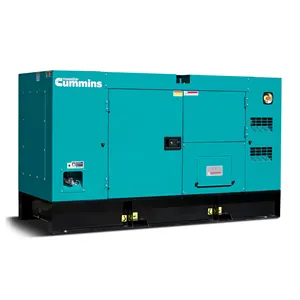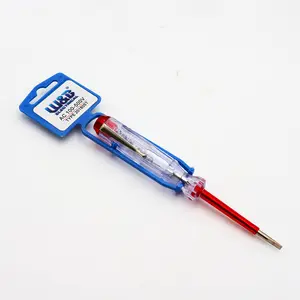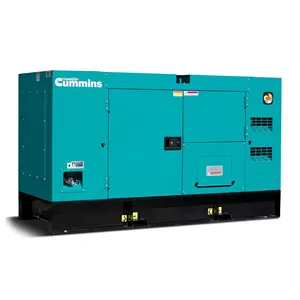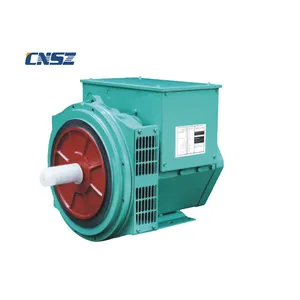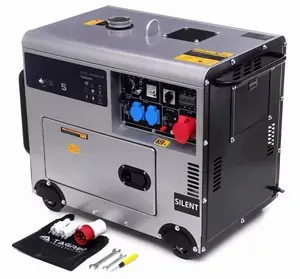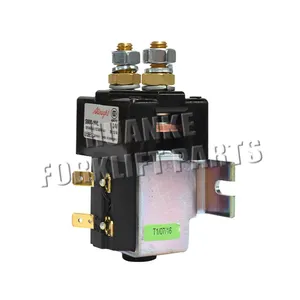Popular in your industry
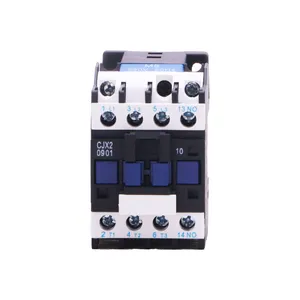

















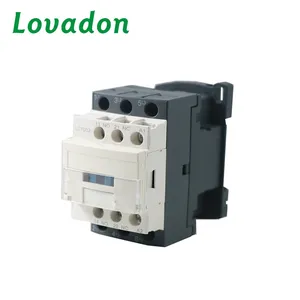


































































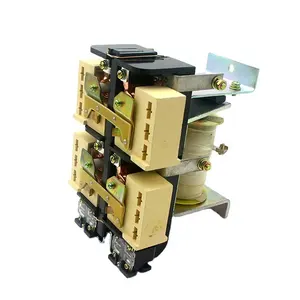











































































Top categories
About 100a dc contactor
Understanding the 100A DC Contactor
Selecting the appropriate 100A DC contactor is crucial for the seamless operation of electrical systems. This component plays a vital role in controlling power within circuits, particularly in industrial applications. A DC power contactor is designed to handle direct current (DC) loads, and the 100A specification refers to its maximum current capacity.
Types and Applications
There are various types of DC contactors, each suited to specific applications. From simple on-off control to more complex variable load handling, the right contactor ensures reliability and safety. Applications range from electric vehicle systems to solar power installations, where efficient and durable current control is necessary.
Key Features to Consider
When choosing a DC electrical contactor, several features must be considered. The contactor's load type, whether resistive or inductive, dictates its utilization category. Additionally, the coil voltage rating must match the system's electrical supply to prevent damage. The physical mounting style and position also influence the selection, ensuring compatibility with existing systems.
Material and Design Advantages
The construction materials of a heavy-duty DC contactor determine its performance under various conditions. Robust materials enable operation in high-temperature environments without the need for additional cooling. The design often includes auxiliary contacts, which provide flexibility in control circuitry, allowing for both normally open and normally closed operations.
Operational Considerations
Operational reliability hinges on factors like the contactor's response time and temperature tolerance. A swift response time ensures quick circuit engagement and disengagement, critical in emergency situations. Temperature resilience is equally important, as it dictates the contactor's ability to function without overheating, which could lead to system failure.
Compatibility and Accessories
Compatibility with mechanical and electrical accessories is essential for a DC power switching contactor. Ensuring that accessories align with the contactor type prevents operational discrepancies. It's also important to consider the number of auxiliary contacts, which can indicate the contactor's suitability for specific circuit designs.
